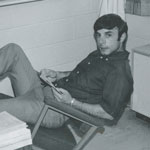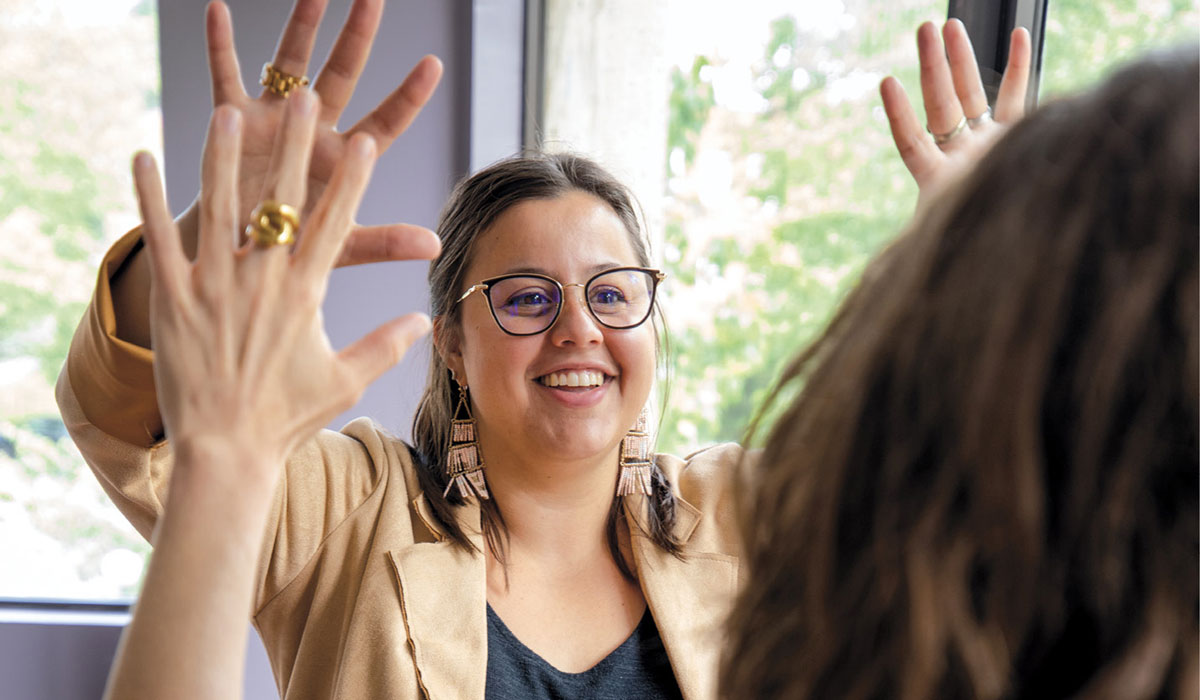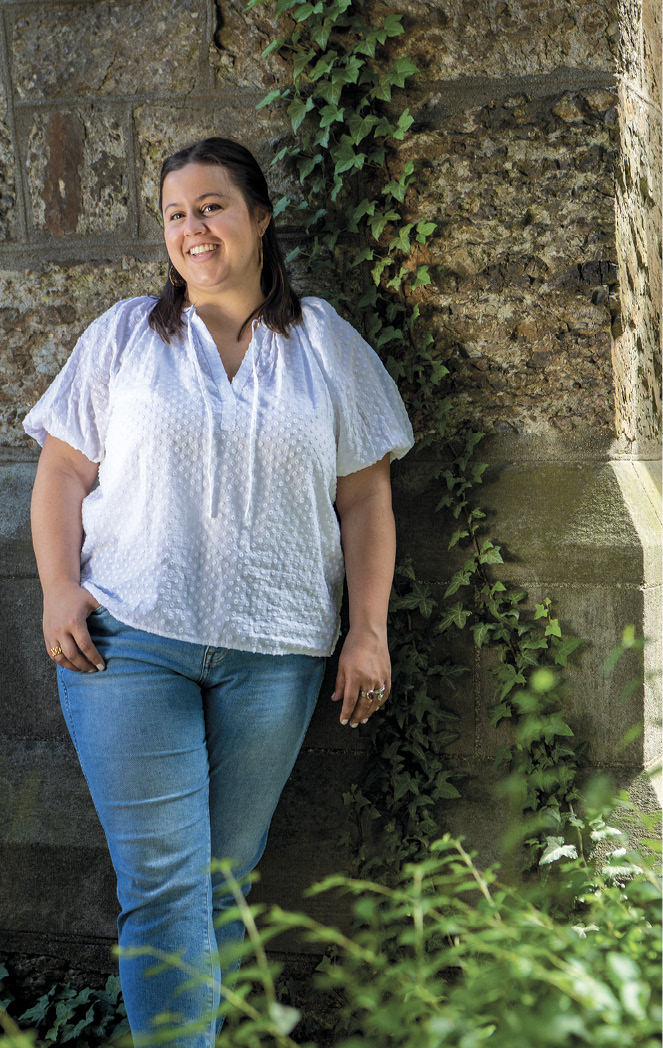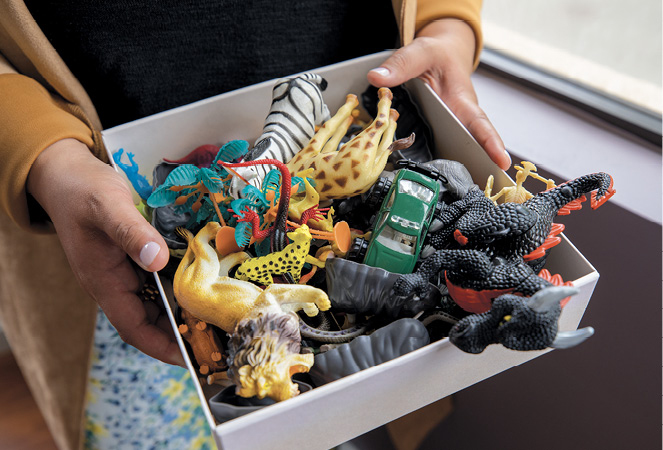

Stories are brought to life on stage, stirring thoughts and evoking emotions—but sometimes, it’s the stories that emerge behind the curtain that truly transform lives.
In 2014, the Gettysburg Community Theatre launched its Penguin Project, mirroring the national nonprofit program of the same name founded by an Illinois pediatrician nearly 20 years ago. The Penguin Project in Gettysburg, Pennsylvania, provides children with special needs a cost-free opportunity to act, dance, and sing in a musical alongside a peer mentor.
“Why fit in when you were born to stand out?”
– Dr. Seuss
A Gettysburg senior documented the preparation for the local program’s “Suessical, Jr.,” production as part of her theatre arts capstone, stating in 2016:
“The effects of this program have been more meaningful than anyone could’ve anticipated. This program has given these children confidence, friendships, stage experience, and singing and dancing training. It has given parents hope for their children’s futures. It has given me a passion for using theater in ways that make the lives of those involved larger and more meaningful.”

“My name is Emily Lunardi ’16 (she/her) and I have been involved with theater for half of my life. … For everyone who has seen theater work its magic the way that I have, theater is therapy.”
Today, as part of an outpatient practice, Lunardi works with clients of all ages and identities through drama therapy. Drama therapy is the use of dramatic techniques to achieve therapeutic goals—art as a medium to promote healing.
“I want to show up in the world in a way that’s aware and effective,” Lunardi said, reflecting on her career path to becoming a licensed mental health counselor in Massachusetts and a registered drama therapist.
Three years after graduating from Gettysburg, Lunardi received her master’s degree in clinical mental health counseling with a specialization in drama therapy from Lesley University, and then led a partial hospitalization program for LGBTQ+ adults until December 2021. She also provides trainings on LGBTQ+ competency and mental health for first responders and medical providers to this day.
“I do think my work is consequential, and I think I’m doing great work,” said the theatre arts and psychology double major.
It is because of her Gettysburg College education that Lunardi has been able to grow both personally and professionally, coming out as a member of the LGBTQ+ community herself and being comfortable challenging the status quo with the respect she gained from
members of the Gettysburg community, including Theatre Arts Profs. Eric Berninghausen, Susan Russell, and Blair and Leslie Strongwater.
“I’m strong-willed. When I believe in something, it doesn’t falter. At Gettysburg, I felt my ideas mattered,” said Lunardi, who was invigorated by pursuing the uncommon field of drama therapy as an 18-year-old. “I found out a lot of who I am at Gettysburg. I felt the encouragement to be who I am even if that means I was breaking the mold—I was encouraged to be me.”
Lunardi first came out in her senior year of high school to her closest friends and family, but she initially decided to hide her true identity at Gettysburg until she made new friends. She joined the concert choir and a sorority, Alpha Delta Pi. She participated in Big Brothers Big Sisters, as well as Colleges Against Cancer, and even advocated for her own community through Friend or FOE, a student organization dedicated to offering queer students and their allies the chance to connect on campus. When she was elected to be vice president of Friend or FOE entering junior year, she decided it was time.
“It was the push I needed,” she said. “I am a cisgender white sorority girl. … [I wanted] to forge connections at college that might not feel like they exist, like Greek life and queer life. I wasn’t going to put up with that. I’m not the only one that’s both of these things, so let’s connect them. I wanted to create a path that you can be both—and I wanted to show how.”
Lunardi took it upon herself to talk to her peers of all backgrounds—“If you talk to people and share your story, they might listen. It might inform the way they exist in the world.”
She did just that, meeting with Greek life organizations across campus, and even received a text message from a fraternity member thanking her for her help when his brother came out. Lunardi continues that same notion in her current role, bringing with her to each session a bag full of expressive therapy tools, including a giraffe figurine and streamers, to help create a safe space for her clients to find meaning, connection, and moments of joy in their lives.

“It all goes back to the opportunities at Gettysburg,” Lunardi said. “I was given platforms to share my story. … A Consequential Education, if it works, is to break molds and challenge systems.”
For Lunardi, healing isn’t about being perfect; it’s about being your true self. Drama therapy helps her clients increase their ability to tolerate instability in a world full of constant change.
“The Penguin Project was the culmination of everything I cared about. Once a year, I go back and watch it and think about how much I’ve learned since then,” said Lunardi, who will teach at Lesley this fall in its expressive therapies program. “We all play many roles in our lives; some we choose, and some we don’t. But it’s about being the fullness of who we are.”
For Lunardi, that includes continuing being a supporter of the LGBTQ+ community, empowering those she educates through her work and in the classroom to do the same.
“I know these things because I pay attention, and I’m now sharing it with you,” Lunardi continued. “My goal is to empower people that they understand enough to do better, and I’m hoping to do a lot more.”
Visit www.gettysburg.edu to learn more about A Consequential Education and its lifelong implications. You can also visit www.emilylunardi.com to learn more and connect.
by Megan Miller
Photography by Blake Fitch
Posted: 11/03/22


